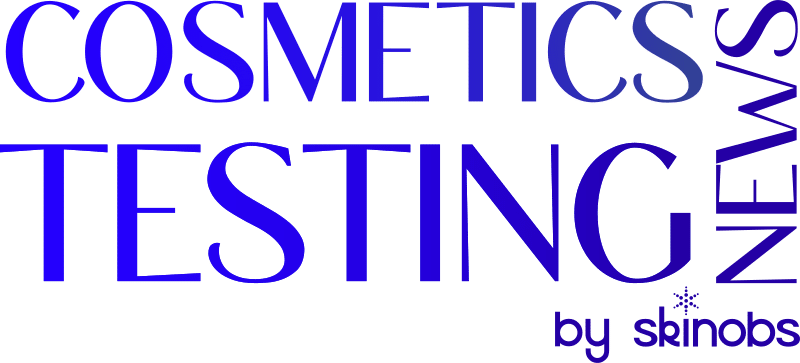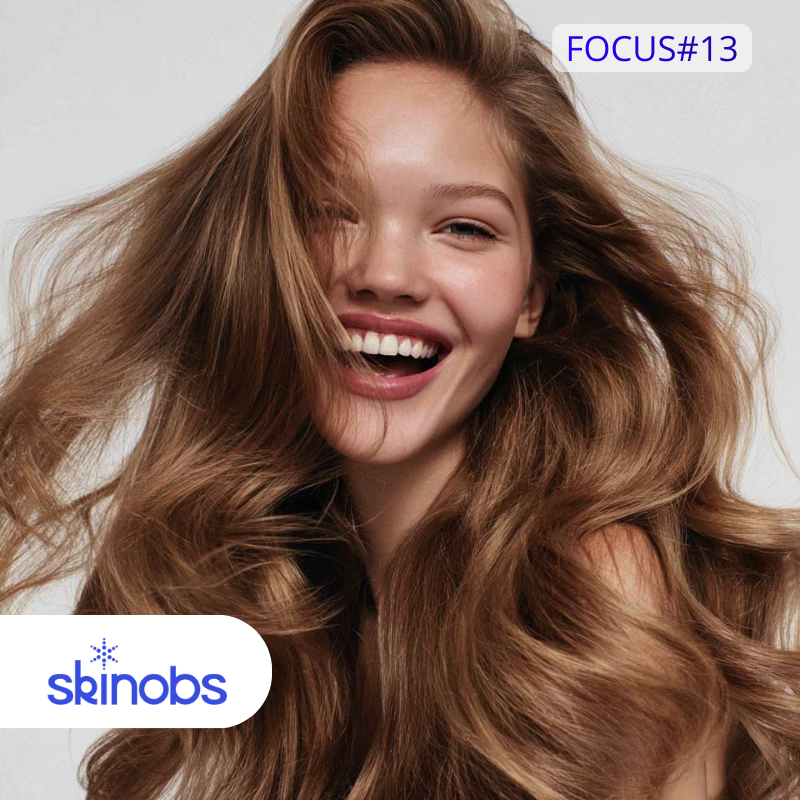The cosmetics industry is undergoing a major transformation, driven by the rapid advancements in artificial intelligence (AI). Once considered a technology exclusive to high-tech fields, AI is now revolutionizing cosmetic product testing — making it faster, safer, and more personalized. In this article, we’ll explore how AI is reshaping traditional product testing methods and what this means for the future of cosmetics.
The Evolution of Cosmetic Product Testing: From Traditional to AI-Driven Methods
Historically, cosmetic products were tested primarily through human trials or, controversially, animal testing. These approaches have faced increasing ethical concerns and regulatory restrictions, while also being time-consuming and expensive. Additionally, the variability in human skin responses can make it difficult to ensure consistent product safety and efficacy.
Artificial intelligence introduces a new paradigm by leveraging vast datasets, machine learning, and advanced simulations to predict how cosmetic ingredients and formulations will interact with human skin. This shift not only addresses ethical challenges but also increases the speed and accuracy of testing.
Virtual Testing and Simulation: AI-Powered Predictive Models
One of the most significant breakthroughs in cosmetic testing is the use of AI-driven virtual simulations. These models analyze extensive biological, chemical, and consumer data to simulate skin reactions in a digital environment.
Using these predictive algorithms, cosmetic scientists can identify potential allergic reactions, hydration effects, or anti-aging benefits without conducting invasive physical tests. This approach reduces the need for human or animal trials while accelerating product development timelines and minimizing risks.
Personalization Through AI: Customized Cosmetic Testing and Formulations
Artificial intelligence is also enabling the rise of personalized cosmetics. By analyzing individual data points such as skin type, age, environmental factors, and lifestyle, AI can tailor product formulations to meet specific user needs.
This personalization extends to product testing, where AI evaluates how a product will perform on different skin profiles before it even reaches the consumer. Brands leveraging this technology can offer hyper-targeted, effective products, thereby increasing customer satisfaction and loyalty.
AI Enhances Safety and Compliance in Cosmetic Testing
Safety remains a top priority in cosmetic development. AI tools can rapidly scan and analyze product formulations to detect potentially harmful or banned ingredients. By cross-referencing scientific data with evolving regulatory standards, AI ensures that cosmetic products comply with international laws.
This automation reduces human error, speeds up regulatory approvals, and helps companies avoid costly recalls or reputational damage. It also supports transparency and traceability, which are increasingly important to consumers and regulators alike.
Improving Consumer Experience: AI in User-Centric Product Testing
AI also transforms the way consumers interact with cosmetics before purchase. Technologies like augmented reality (AR) combined with AI allow users to virtually try on makeup or skincare products using their smartphones or computers.
These AI-powered virtual try-ons provide realistic previews, helping customers make more informed purchasing decisions. Brands benefit from better engagement and valuable data insights about consumer preferences, which can feed back into product development and testing.
Ethical Considerations and Future Trends in AI-Driven Cosmetic Testing
While AI promises to revolutionize cosmetic testing, it also raises important ethical questions. Protecting consumer data privacy, ensuring transparency in AI algorithms, and maintaining a balance between automation and human oversight are key challenges.
Nevertheless, AI’s role in cosmetic testing is set to expand. As algorithms become more sophisticated, testing will grow even faster, more accurate, and more aligned with ethical standards, fundamentally changing the cosmetics landscape.
Conclusion
Artificial intelligence is revolutionizing cosmetic product testing by enabling faster, safer, and more personalized approaches. From virtual simulations and predictive modeling to enhanced safety checks and immersive consumer experiences, AI is reshaping how cosmetics are developed, tested, and marketed.
For cosmetic brands, adopting AI-driven testing methods represents a critical competitive advantage in a dynamic market. For consumers, it means access to safer, more effective, and customized products tailored to their unique needs. As AI continues to advance, the future of cosmetics will be smarter, more ethical, and more innovative than ever before.
Speed up your testing projects with Skinobs





